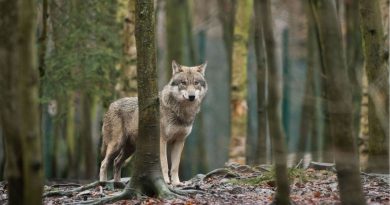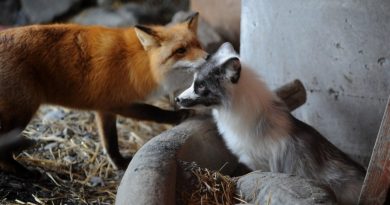‘History-maker’ wildfire in northwestern Canada could flare up again, politician worries
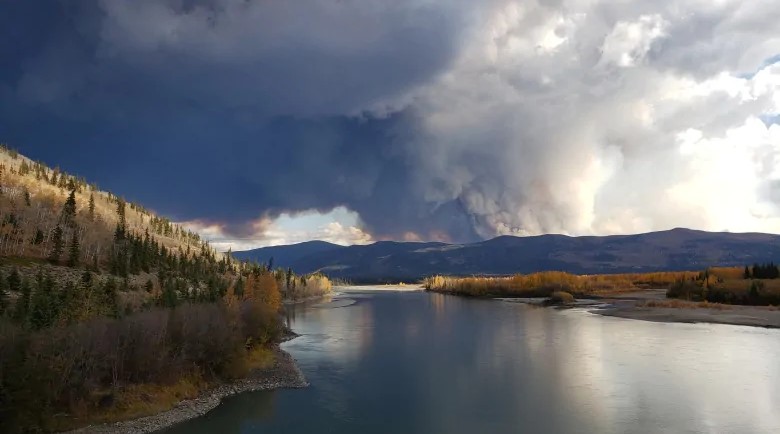
Don Hutton, a retired wildland firefighter, says he’s never seen anything like the “history-maker” fire that raged near Mayo and Stewart Crossing in central Yukon, northwestern Canada last month — and he’s afraid it may flare up again next spring.
“I’m anticipating, because it burned so deep, that they’re likely going to have problems with reignition on parts of it next spring, depending on what kind of fire season we have,” said Hutton, who is also the area’s MLA.
“If we have another dry one, it’s quite likely to get up and go again.”
The Crooked Creek fire was estimated at one point to be about 250 square kilometres in size. Residents and cabin owners in the Ethel Lake area were on evacuation alert for days, as the fire grew.
Hutton, who lives in Mayo and owns a cabin at Ethel Lake, says there were still hot spots and visible smoke when he was in the area last week. He says it’s not yet safe to drive down the Ethel Lake Road, and he’s pushing to have some engineers go inspect the road.
“Trees are still coming down every day, thousands of trees have come down across the road,” he said.
“All of the slopes out there are very steep and they’re prone to slippage. There’s no root structure there. So, I’m very concerned that if we have any kind of extraordinary precipitation event in the spring, we could see some major erosion there.”
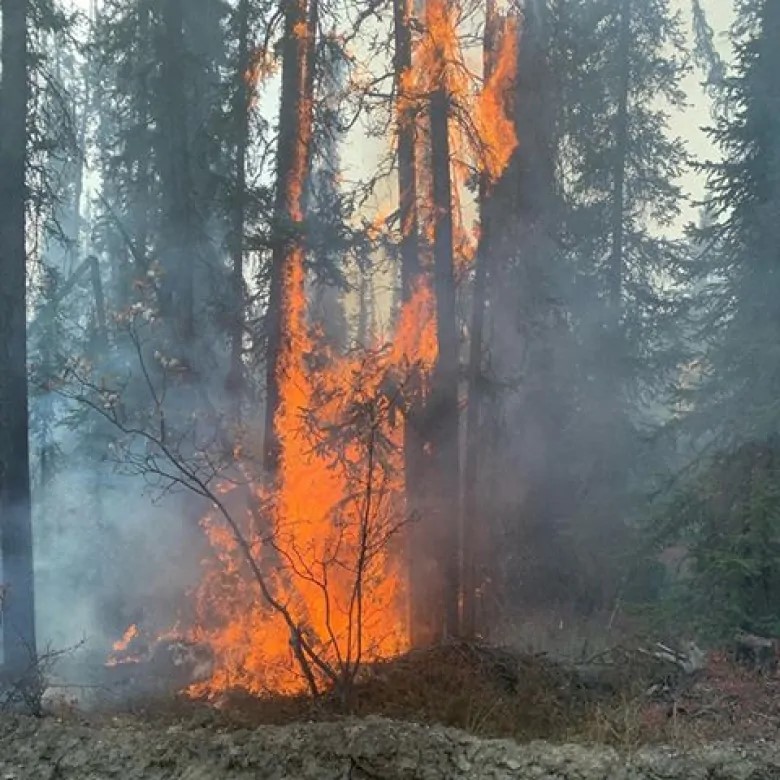
Hutton is also concerned about woodland caribou habitat. He calls Ethel Lake “the breadbasket for the Northern Tutchone,” but says there’s been a voluntary ban on hunting the local herd for the last 20 years.
“Now, unfortunately, I think we’ve lost about a third of their over-wintering habitat. So, food may be a problem for some of those caribou this year. I really hope they don’t move out of there, because the herd is just starting to come back.”
‘This thing turned into a monster’
Hutton credits wildland firefighters and other local volunteers who worked hard to contain the fire and protect local cabins and homes. No buildings were lost in the fire, and nobody was hurt.
The late-season fire was highly unusual. Hutton says most September wildfires in Yukon are caused by humans, but this one was sparked by lightning. It also didn’t behave in expected ways.
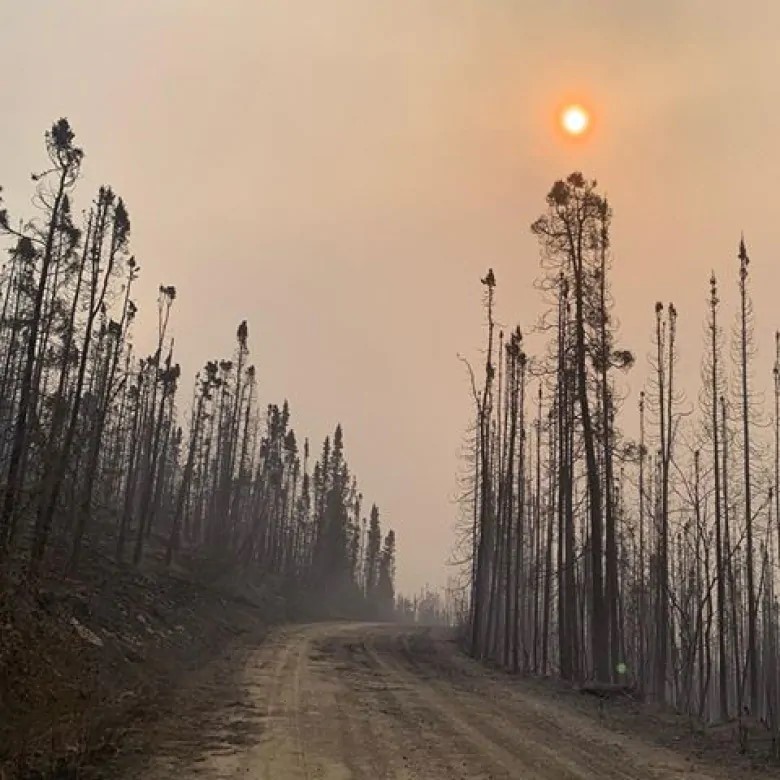
“I think this one’s a history-maker,” he said. “I’ve never known a lightning-caused fire to get up in September and cause this kind of reaction. I mean, this thing turned into a monster.”
Hutton describes how the blaze generated a thundercloud over Ethel Lake, with lightning that then sparked other fires nearby.
“Over my career, I’ve never seen it happen in the territory,” he said.
“I’ve read many articles about this kind of fire behaviour, in places like Australia — but I mean, when you consider how dramatically different their temperatures are there, it was just something that I never expected to see here.”
Written by Paul Tukker with files from Elyn Jones
Related stories from around the North:
Canada: Residents on alert as crews battle large wildfire in northwestern Canada, CBC News
Norway: Arctic summer 2019: record heat, dramatic ice loss and raging wildfires, The Independent Barents Observer
Russia: 2019 Arctic wildfire season ‘unprecedented’ say experts, The Independent Barents Observer
Sweden: Study on Swedish wildfires shows how to make forests rise from the ashes, Radio Sweden
United States: Drivers describe ‘hellfire’ on Southcentral Alaska highway, Alaska Public Media

